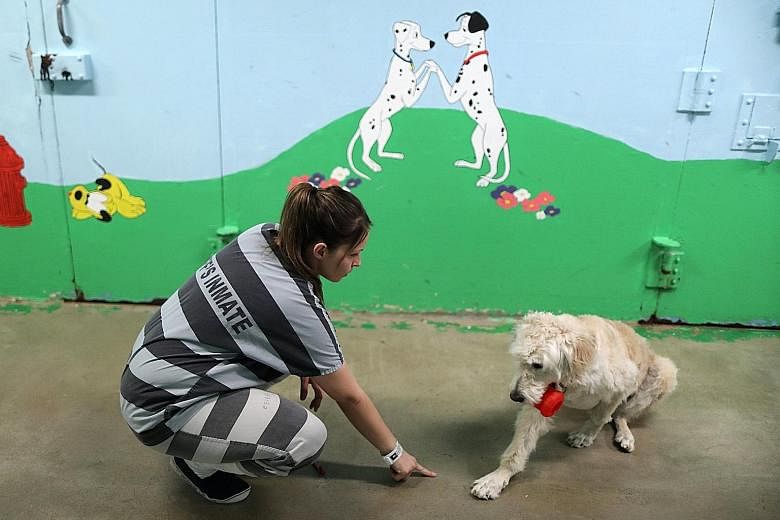WASHINGTON • Humans have a centuries-old reputation as poor smellers. Though we can see more colours than the average mammal, our noses are simply no match for the questing snouts of rabbits and hounds.
Sure, the aromas of coffee and pie are great. But intelligent humans outgrew the need to sniff their way through life. Or so the thinking went. In a review on Thursday in the Science journal, Dr John McGann, a professor of psychology at Rutgers University in New Jersey, argued that this is a flawed perception dating back to the 19th century.
He blamed pioneering French anatomist Paul Broca, who wrote that, given the comparatively small olfactory organs in the primate brain, "it is no longer the sense of smell that guides the animal".
As for smelling in apes, humans included: "All that exceeded the needs of this humble function became useless."
Dr Broca was hunting for the part of the brain that gave humans free will, Dr McGann said, to separate us from animals. At the time, too, the Catholic Church in France was criticising Dr Broca's work.
"He's under pressure for humans to be special," Dr McGann said. "He's under pressure for humans to be different."
To Dr Broca, that meant highlighting the large frontal lobes of the human brain. The olfactory bulbs, two lumps of nerve endings in the brain that process scent, were trivially small in comparison.
Human olfactory bulbs account for just 0.01 per cent of the brain's volume. (In mice, the fraction is 200 times larger.) Dr Broca divided mammals into smellers and non- smellers. He included humans among the latter, along with dolphins, which lack olfactory bulbs entirely. The depiction of primate smell as a humble function stuck.
It is high time to end the myth, Dr McGann said. Humans have just about the same number of neurons in their olfactory bulbs as mice, capybaras and star-nosed moles.
Humans are about as sensitive as dogs at detecting amyl acetate, a chemical with a banana odour. We are better than mice at detecting a smelly compound in human blood.
Complicating the question is that there is no real metric by which to judge variety. "The medical world just kind of shrugs," said Dr McGann. "I'm hoping that by raising the profile of smell, maybe we'll get more traction for studying it."
WASHINGTON POST

